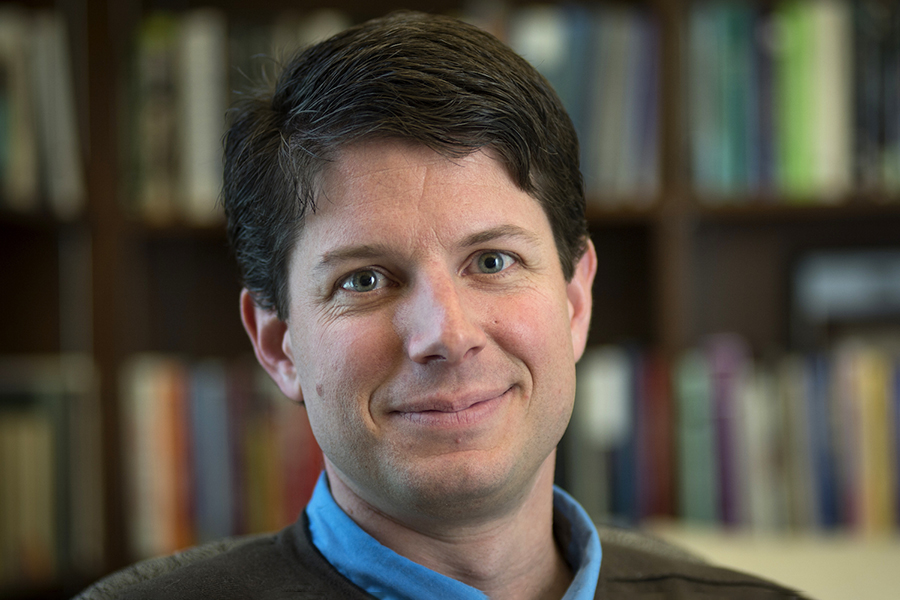
Five CMU Faculty Selected for Amazon Research Awards
By Aaron Aupperlee
Amazon selected five Carnegie Mellon University faculty members to receive funding in its latest round of Amazon Research Awards.
Of the five selected, David Danks and Sivaraman Balakrishnan in the Dietrich College of Humanities and Social Sciences received fellowships, along with three faculty members from the School of Computer Science: Katerina Fragkiadaki, Ruben Martins and Heather Miller.
The awards provide funding, access to Amazon public datasets, and the use of artificial intelligence and machine learning services and tools. Each award is intended to support one year of work for one to two graduate students or postdoctoral students with faculty supervision.
“The 2020 Amazon Research Awards recipients represent a distinguished array of academic researchers who are pursuing research across areas such as machine learning algorithms and theory, fairness in AI, computer vision, natural language processing, edge computing, and medical research,” said Bratin Saha, vice president of AWS Machine Learning Services. “We are excited by the depth and breadth of their proposals, as well as the opportunity to advance the science through strengthened connections among academic researchers, their institutions and our research teams.”
Research by Danks, the L.L. Thurstone Professor of Philosophy and Psychology, will evaluate the impact of data-driven algorithms making decisions that ultimately affect people. The project will develop a framework for understanding, evaluating and regulating algorithm-assisted decision making for situations where the outcome determined by the algorithm shouldn’t be a decision but rather a predictive recommendation provided to humans, who will ultimately make the decisions.
Balakrishnan, an assistant professor of statistics, will use the award to continue work on developing robust learning algorithms. The push to quickly collect and label data and to rapidly train, evaluate and deploy models all with minimal human intervention has led to concerns that datasets are fraught with quality issues and that test data derived from the real world won’t have the same distribution as training data.
Fragkiadaki, an assistant professor in the Machine Learning Department, received an award to support her group's ongoing work on intelligent manipulation in conjunction with Robotics Institute faculty member Chris Atkeson. Their research will focus on helping artificial agents quickly adapt to new environments through continual learning from a library of reusable behaviors. This library will help AI agents generalize manipulation skills across different objects, their configurations, scene clutter and camera viewpoints.
Martins, a systems scientist in the Computer Science Department who will start as an assistant research professor in July, will use his award to study optimization problems where the variables, like the number of students and courses at CMU, put ideal solutions out of the reach of existing algorithms. Instead, Martins will look to solve these problems efficiently but not perfectly to save money, human resources and computation time.
Miller, an assistant professor in the Institute for Software Research, received an award for work with her Ph.D. candidate, Christopher Meiklejohn, on a project called Filibuster. The tool systematically identifies bugs in applications like Netflix or Audible before they can reach production and potentially bring down large web services.
The CMU researchers said that the ability to access to Amazon datasets and use its artificial intelligence and machine learning services and tools will be a great help in furthering their research.
Amazon provided 101 awards to recipients from 59 universities. Read more about the awards and their recipients in on the Amazon Science site.